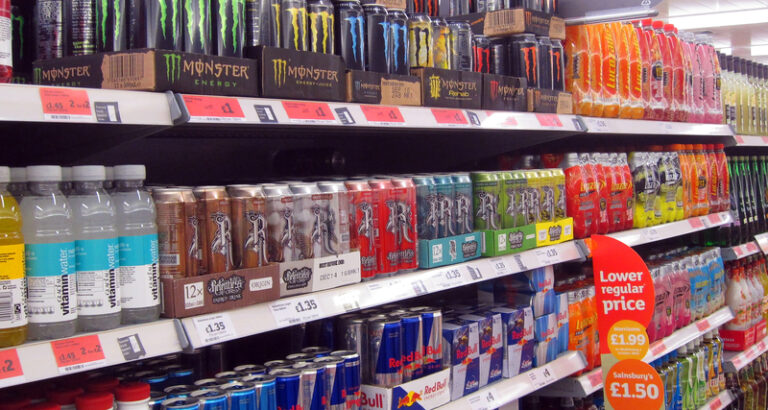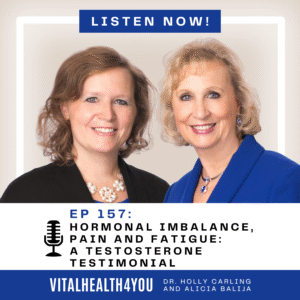It seems everyone wants more energy. As our lives become increasingly busier, we want the energy to keep up with it. For some, their energy just isn’t there, even to do normal activities. So, we do whatever we can to get it up. But many times, the easy solution isn’t always the best choice.
Consuming stimulants such as coffee, energy drinks and sugary foods can give a good temporary lift, leaving the consumer to believe they really have control over their energy. The problem is that it can result in a crash later when it wears off. This necessitates the consumption of more. While most people at some level know that this is not good for them and limit their stimulants, others down them like there’s no tomorrow, seeking the immediate energy more than the common sense controls.
Sales of energy drinks grew 60 percent between 2008 and 2012, to $12.5 billion, and are expected to generate more than $21 billion by 2017. As these and other stronger caffeine-type energy drinks are skyrocketing, doctors are beginning to see some trends that are troubling. As a result, they are beginning to warn patients of the health detriments of these consumables, such as heart irregularities, diabetes, lack of quality sleep, seizures and mental disorders. While there have been a handful of deaths associated with energy drinks, doctors are still not clear as to the actual relationship between the two. Emergency room visits involving energy drinks between 2007 and 2011 were more than 20,000.
What they are discovering, is while most energy drinks are driven by caffeine, the labels do not have to be full disclosure, and many are not accurate. For instance, they may state the amount of caffeine added, but not add the additional amount of caffeine in, for instance, guarana, which contains more that what’s typical in a cup of coffee.
The other problem is that some of the ingredients intensify each other’s effects, such as taurine (an amino acid) and caffeine, typical ingredients in energy drinks. These can alter the electrical mechanism and contractility of the heart.
Some people simply should never consume them: pregnant and nursing mothers, the elderly, anyone with known or suspected heart issues, and athletes before intense sporting activities. Instead of falsely raising energy levels, there are effective and healthy ways to get your energy where it needs to be. This will be discussed in the next article.
©2016 Holly A. Carling, O.M.D., L.Ac., Ph.D.







